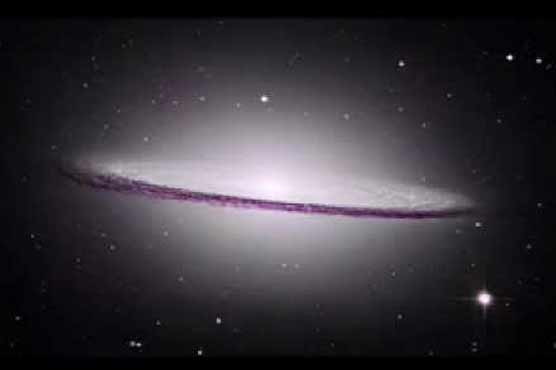Scientists may announce discovery of Higgs Boson

Scientists to unveil findings regarding the Big Bang that gave rise to stars.

Scientists to unveil findings regarding the Big Bang that gave rise to stars.